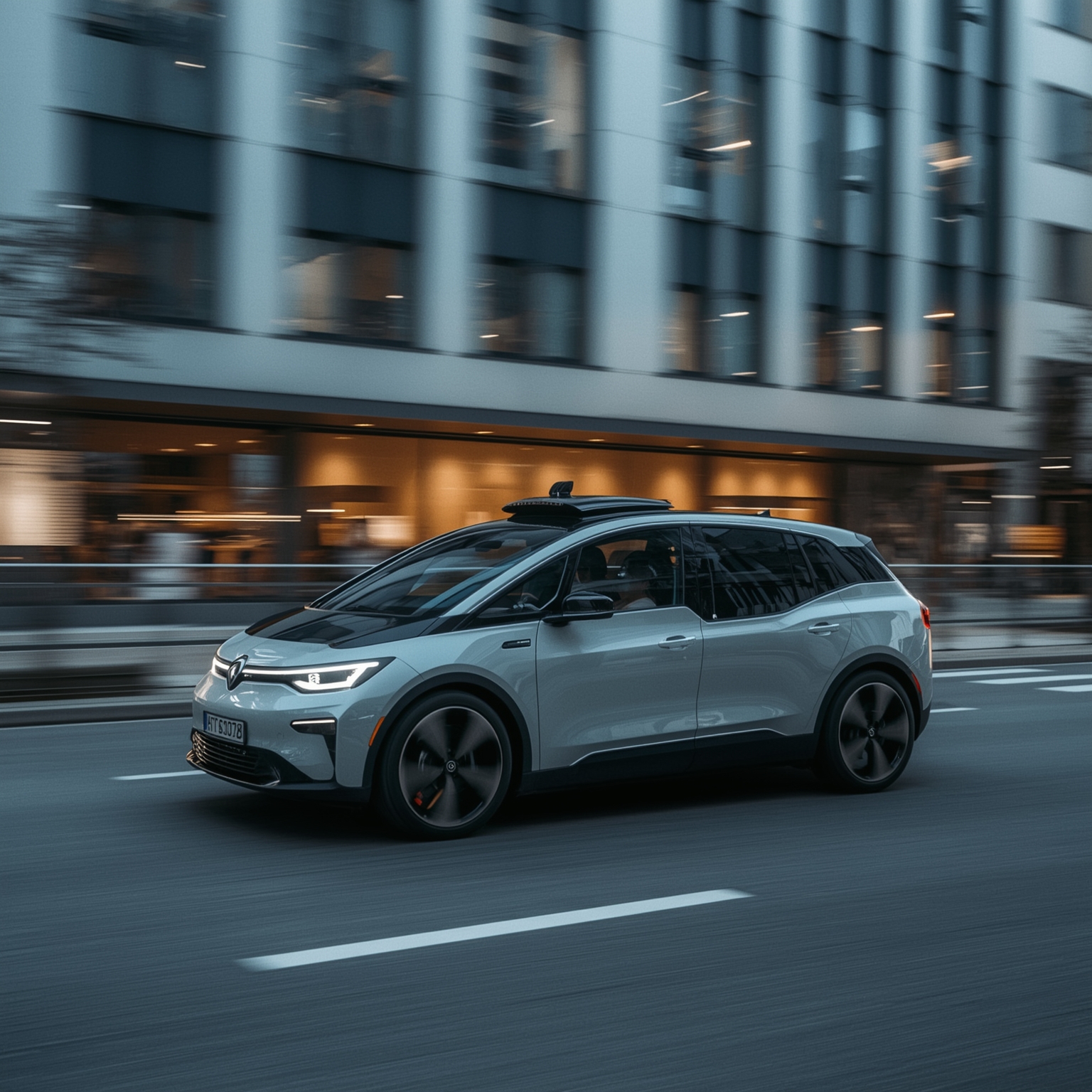Uber, in collaboration with one of its prominent robotaxi technology partners, Momenta, has announced plans to begin testing fully autonomous, driverless vehicles in Germany, with Munich serving as the focal point for this ambitious undertaking in 2026. This significant development arrives at a time when the European continent continues to struggle to match the pace set by the United States and China, where large-scale deployment of commercial robotaxi services is already more advanced and widespread.
The forthcoming initiative will specifically involve the trial of Level 4 autonomous vehicles, a classification within the industry that refers to cars capable of operating without a human driver, including the absence of a safety operator behind the wheel, provided they remain within designated and pre-defined operational zones. In practical terms, this means the vehicles will be able to function entirely on their own, but only within certain mapped areas of Munich. Should the pilot project demonstrate reliability, safety, and a smooth integration into urban transport systems, Uber has indicated that these Momenta-designed robotaxis could be gradually introduced to additional European cities in the future, thereby potentially reshaping mobility across the region.
Momenta itself is headquartered in Shanghai, China, where it is already running an operational robotaxi service, providing it with real-world experience that can now be extended into the European market. Earlier this year, Uber confirmed an agreement allowing Momenta’s autonomous vehicles to be included on its ride-hailing platform; however, this integration was explicitly limited to markets beyond the United States and China, highlighting Europe and potentially other global regions as primary targets for expansion. At the initial stage of rollout, Momenta’s vehicles are expected to feature trained safety monitors seated behind the wheel, ensuring an added layer of oversight. Over time, as confidence builds and regulatory approvals progress, these cars will transition toward being entirely driverless, reflecting the industry’s ultimate goal of widespread autonomy.
Financial backing and technological support have also played a central role in Momenta’s rise. The company has attracted investment from both established Western automakers and major Asian corporations, including China’s state-owned SAIC Motor alongside international giants such as General Motors, Toyota, Mercedes-Benz, and Bosch. Beyond its work in robotaxis, Momenta provides advanced driver-assist software to several automotive manufacturers, most notably Mercedes-Benz and BMW, reinforcing its role as both an innovator and a supplier of critical autonomous driving technology.
Although Europe currently lags behind the United States and China in the commercialization of autonomous transport, momentum is beginning to build. The upcoming collaboration between Uber and Momenta is only one example of a broader wave of activity across the continent. For instance, Chinese technology leader Baidu and the US-based ride-hailing service Lyft have announced intentions to introduce robotaxi services in the United Kingdom and Germany starting in 2026. Meanwhile, Volkswagen has been steadily advancing its own autonomous vehicle trials within Germany for several years and recently disclosed plans to partner with Uber in order to launch a dedicated robotaxi service in Los Angeles in 2026, thereby extending its reach onto another continent.
Taken collectively, these ventures illustrate both the challenges and the rapid acceleration of innovation in Europe’s autonomous driving landscape. While the region may still be viewed as a follower compared to the frontrunners in North America and Asia, the increasing number of partnerships, pilot programs, and corporate commitments strongly suggests that Europe’s robotaxi sector could soon expand substantially, with Uber and Momenta’s Munich-based project representing one of the crucial early steps toward that transformation.
Sourse: https://www.theverge.com/news/772639/uber-momenta-l4-driverless-test-munich-robotaxi



